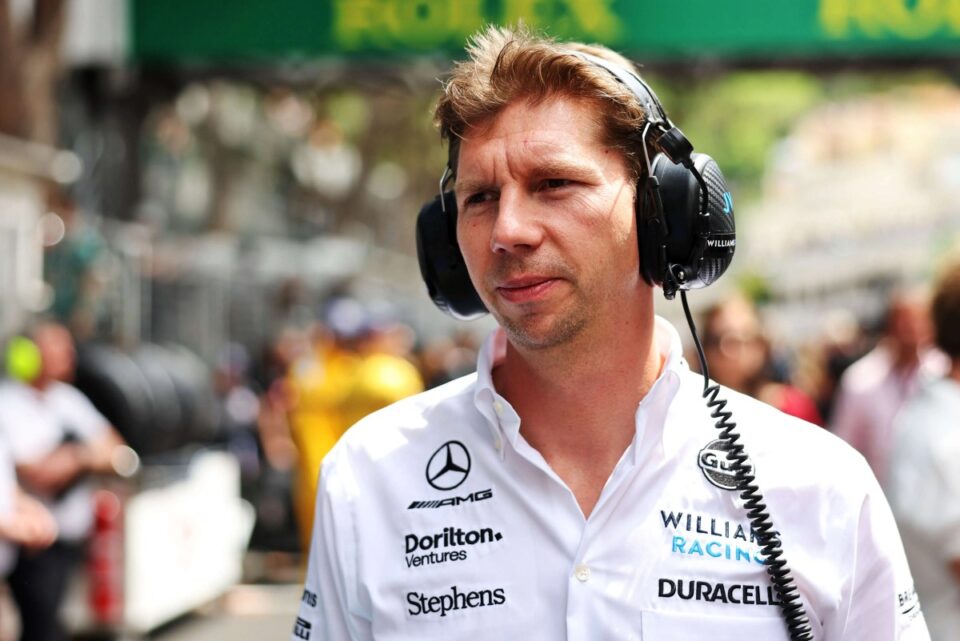The esteemed Canadian Grand Prix, typically a highlight of the Formula 1 season, faced unprecedented chaos last weekend. Sky F1 commentator Martin Brundle did not hold back in his scathing criticism, calling the event a ‘logistical mess.’ From heavy rains causing flooding to the cancellation of Pitbull’s concert, the event was riddled with disruptions. Environmental protests and miscommunication between race organizers and Montreal police led to significant delays and confusion for thousands of fans.
Adding to the turmoil, some fans were turned away at the gates due to incorrect information, and on race day, many entered the track prematurely, prompting safety concerns. The aftermath saw an outpour of dissatisfaction, culminating in a blunt admission from Caroline Proulx, Quebec’s tourism minister. She admitted she felt ‘ashamed’ of how the event unfolded, expressing deep regret over the negative international image it projected. Proulx assured that conversations were underway to address these issues and improve future events.
Environmental Protests and Logistical Disruptions
The Canadian Grand Prix experienced severe disruptions beginning with environmental protests. Five activists were detained for blocking traffic on a crucial bridge, which created a colossal bottleneck. This was just the start of the communication issues that marred the weekend. Misunderstandings between race organizers and Montreal police aggravated the situation, resulting in substantial delays for thousands of spectators on both Friday and Saturday. This not only inconvenienced fans but also cast a shadow over the event’s organization and planning.
Adding to the chaos, heavy rains led to flooding, affecting various parts of the Circuit Gilles Villeneuve. Car parks and even the commentary boxes were not spared. The weather conditions forced Pitbull, an internationally renowned rapper, to cancel his scheduled concert, disappointing many fans who had been looking forward to the performance. Miscommunication didn’t help either, as some fans were reportedly turned away at the gates ahead of Friday’s practice sessions due to erroneous information.
Safety Concerns and Race-Day Chaos
The chaos peaked on race day. Many fans entered the track prematurely, creating an unsafe environment for both spectators and drivers. The FIA stewards had to intervene, summoning the race organizers to address the severity of the situation. They issued a stern warning that any repeat of such incidents in the future would result in significant financial penalties.
Sky F1 commentator Martin Brundle was particularly critical of the way the event was handled. In his post-race column, he described the Canadian GP as a ‘logistical mess.’ According to Brundle, the venue had not evolved to meet the growing demands of modern F1 events. He mentioned, ‘The popularity and scale of today’s F1 has outgrown the facilities, and the rain turning accesses into mud didn’t help. The police and security appeared increasingly aggressive and unhelpful.’
Political Fallout and Public Apologies
The relentless criticism and public dissatisfaction reached political corridors, prompting a reaction from Caroline Proulx, Quebec’s tourism minister. She openly expressed her embarrassment over how the event had unfolded. Proulx candidly admitted, ‘I was quite ashamed, and I have had some conversations with some people and we will have more in the coming days. I am ill-at-ease and I did not like what I witnessed this weekend.’
She went on to emphasize the significant investment from the Quebec government in the Canadian Grand Prix, highlighting the importance of the event for the region’s international image. Given that the government is a major financier of the event, Proulx stressed the need to work on improving the grand prix to ensure it does not tarnish the reputations of both Montreal and Quebec in the future. ‘My job as minister is to bring tourists to Quebec,’ she stated, underscoring the event’s role in attracting international attention.
The Canadian Grand Prix debacle has undoubtedly left a mark on its reputation, both locally and internationally. The accumulation of environmental protests, logistical mismanagement, severe weather disruptions, and miscommunications painted a chaotic picture of an event that typically stands as a celebrated highlight in the Formula 1 calendar.
The public and media outcry, led by figures like Martin Brundle, has forced those in charge to confront these failures head-on. Caroline Proulx’s forthright admission of feeling ‘ashamed’ underscores the severity of the situation and the urgent need for improvement. The spotlight is now on the organizers to ensure that such a tumultuous series of events does not recur, preserving the prestige and excitement that the Canadian Grand Prix is known for.
Looking ahead, the commitment to addressing these issues will be critical. Whether it requires infrastructural upgrades, better communication channels, or more robust contingency plans, the goal must be to restore faith among both local supporters and the international Formula 1 community. Only time will tell if these promises translate into tangible improvements, but the eyes of the world will undoubtedly be watching.










